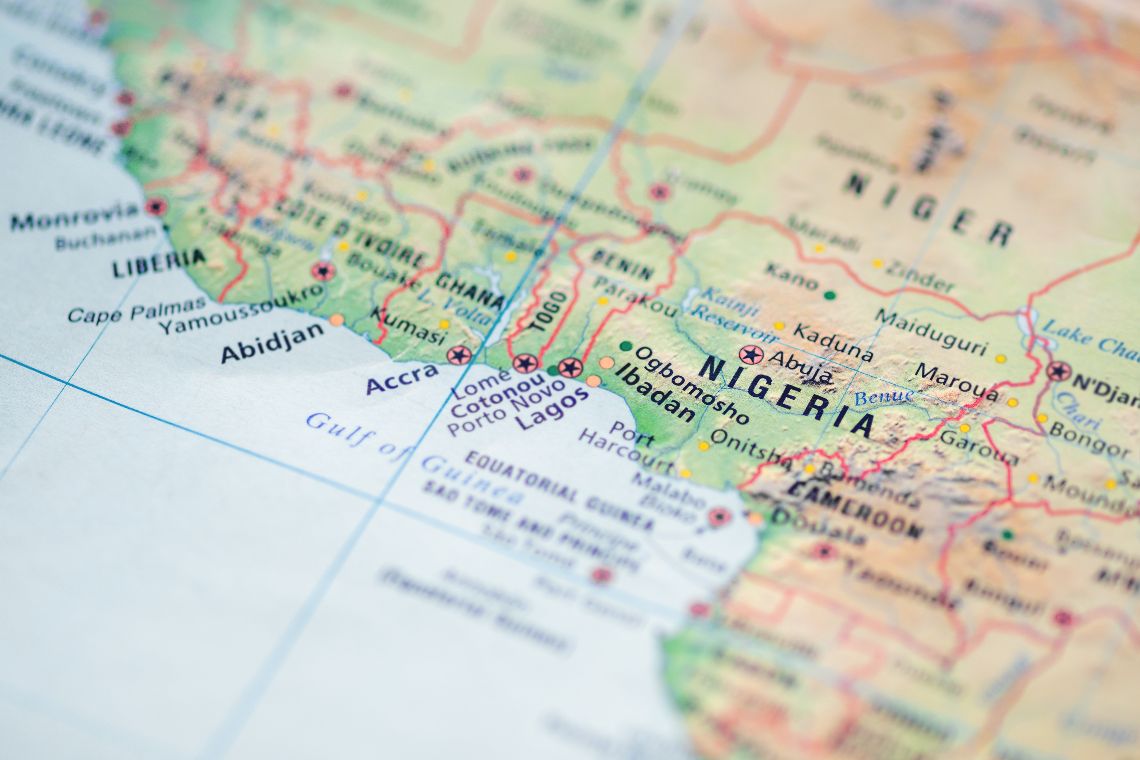There seems to be a marked increase in the adoption of bitcoin and cryptocurrencies in Nigeria.
Firstly, the country has risen to second place overall in the world in terms of volumes of BTC traded.
Nigeria
is now 2nd in the world for #bitcoin trading.
The dollar volume of #bitcoin received by users in Nigeria in May was $2.4 billion, up from $684 million last December, according to Chainalysis.
— Documenting Bitcoin
(@DocumentingBTC) July 31, 2021
Specifically, according to Chainalysis data, the volume of bitcoin received by Nigerians in May totalled $2.4 billion, compared to less than $0.7 in December 2020. In other words, there has been a growth of over 200% in five months.
This increase is also reflected in the analysis of combined exchanges on the P2P platforms LocalBitcoins and Paxful.
In fact, last quarter there was a total trading volume of bitcoin in the country of approximately 111 million dollars, compared to 106 million in the previous quarter. Extending the comparison to the last six months, the volume traded was $217 million, up from $170 million in the previous six months. In other words, the increase in trading volume on these two P2P platforms over the last six months was almost 30%.
It is worth noting that the second largest African country in terms of volume of trade on these platforms is Kenya, but with volumes that are two and a half times lower. However, it is worth mentioning that Nigeria has 210 million inhabitants, while Kenya has about 55 million.
With these numbers, Africa has now become the area of the world with the highest volume of bitcoin trading on P2P platforms, ahead of North America and Asia. Only combining the volumes of North America with those of South America would reveal higher volumes.
Moreover, a significant increase in BTC remittances had already been noted in June.
Nigeria driving the adoption of Bitcoin
The fact is that Nigeria is going through a very peculiar moment, especially from an economic and financial point of view, with the local currency, the Nigerian Naira (NGN), that depreciated by 23% against the US dollar in the last five years.
The local government seems unable to solve the economic and financial problems, stop the devaluation of the local currency, or stop the adoption of bitcoin and cryptocurrencies. It actually tried months ago to put the brakes on it, but failed.
Many of the recent problems stem from the consequences of the ongoing pandemic and have led to discontent and protests that have resulted in clashes with the authorities, with dozens of people killed and injured.
In short, government repression is harsh, even in the economic sphere, so much so that many Nigerians choose cryptocurrencies also to protect themselves from possible government intervention on their assets.
A recent article in the Guardian reveals a critical and complex situation, in which bitcoin and cryptocurrencies are beginning to play a significant role. In fact, the increasingly insistent controls on outward capital flows are pushing more and more Nigerians to use decentralized currencies that these restrictions cannot affect, and this is driving the mass adoption of bitcoin and some altcoins.
It is probably still very early to be able to guess how this story will end, but what is certain is that there is an alternative to state-controlled currencies nowadays, and that this alternative can be useful where states restrict the freedom of circulation of their citizens’ money.
The post Nigeria: increasing adoption of bitcoin and cryptocurrencies appeared first on The Cryptonomist.





















